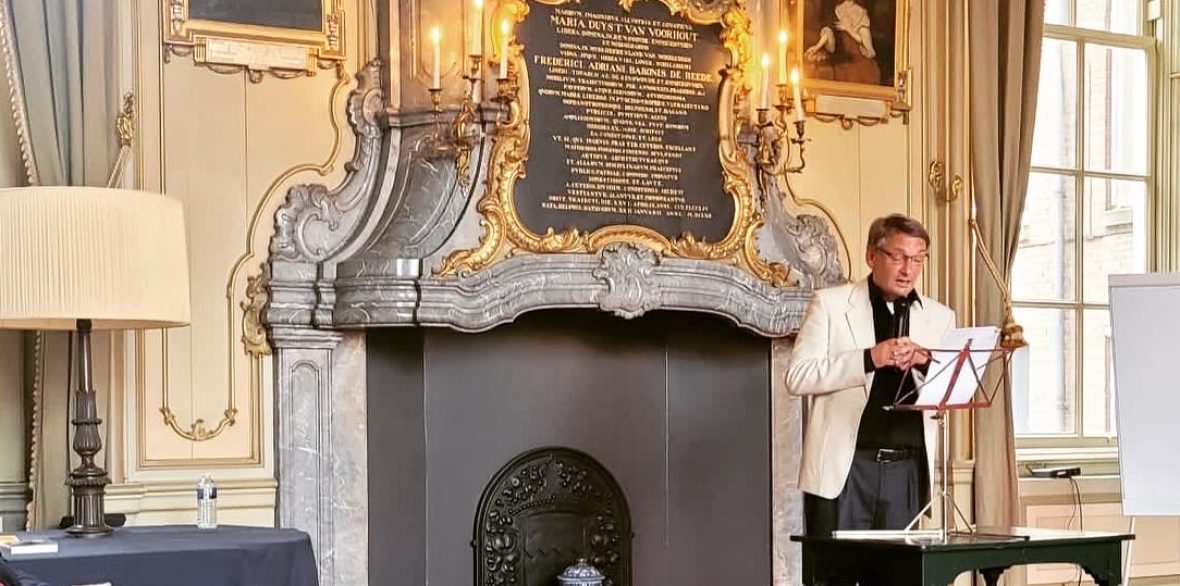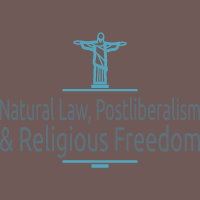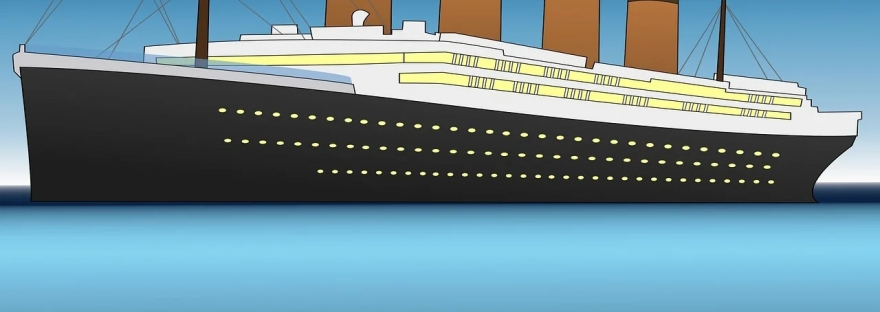
By request, I am now making the article below, which appeared on the Flemish news site Doorbraak on March 2, also available in English.
By chance, I recently came across a blog post I wrote about the state of Dutch democracy after the 2017 Lower House elections. In these elections, Geert Wilders’ populist Party for Freedom (PVV) had emerged from the ballot box as the second party with 20 seats.
In the post, I referred to a political science colleague who had argued in a German newspaper the morning of the election that Dutch democracy was ‘in better shape than ever.’ The voter was said to be merely emancipated compared to the period of pillarization. The most striking thing about the probable result was that there were no longer large parties, only a series of medium-sized ones.
To the contrary, I believed this was an example of ‘dancing on the deck of the Titanic.’ The PVV regarded Islam not as a religion but as a totalitarian ideology, with all its possible consequences for the religious freedom of Muslims. In a contribution to the Nederlands Juristenblad published before the elections, I had therefore advocated not giving the party the initiative in the cabinet formation, should it emerge as the largest.
On the issue of religious freedom, I have not changed my mind since then. I therefore positively appreciate that during the current cabinet formation, now that the PVV is by far the largest party with 37 seats, it did agree to a ‘Common Basic Line for Safeguarding the Constitution, Fundamental Rights and the Democratic Rule of Law.’ This includes, on the above point, that ‘all religions in the Netherlands, such as Christianity and Islam, are covered by freedom of religion, as guaranteed in Article 6 of the Constitution.’
What is different from seven years ago, however, is that I no longer see the rise of this party as the problem for which it is still held in broad social, political, and scientific circles. I meant my 2017 post as a final wake-up call to centrist parties and academia to take the re-emerging populism seriously. After all, a year earlier, the people of the United Kingdom had voted for Brexit by referendum, while in the United States, Trump had been elected President.
In retrospect, it can be seen that the signs of the times were not, at least not sufficiently, understood by these parties and also by scholars. Even today, populism is mainly seen as a problem rather than a symptom of an underlying problem. This underlying problem is the distance between a growing part of the population and the (formerly) established parties and their policies.
A professor of public administration from Utrecht, co-author of a book on ‘diploma democracy,’ recently made an interesting observation. He noted that in the Netherlands in the twentieth century, universities still belonged to different pillars, specifically the Catholic, Protestant, and general (liberal).
With the de-pillarization, two pillars remained, one of the theoretically educated and another of the practically educated. All universities naturally belong to the first pillar and, therefore, have little or no knowledge of what is happening in the other. Thus, the public administration scholar calls on fellow scientists to pay attention to the other pillar, in teaching and research.
There is all the more reason for this since the views of theoretically educated people differ significantly from those of practically educated people. Simply put, they are cosmopolitans and nationalists, respectively. This characterization can also be used for the more intellectual center parties compared with new ‘people’s parties’ such as PVV and FarmerCitizenMovement (BBB).
I took the step, immediately after the elections already, to also take note, more than before, of more ‘popular’ media. This includes newspapers, broadcasters, and online platforms. Incidentally, it then soon turns out that intellectuals also associate themselves with the views of practically educated people.
Based on the past three months, there is indeed a large gap between the two pillars, however precisely composed, regarding the desirability of the PVV participating in government. Serious objections are raised against it from the predominantly highly educated pillar, often invoking ‘the Constitution.’
Now, I gave an example above where such an appeal was justified and has since actually led to adjustment of the PVV’s position, at least during the current cabinet formation. In other respects, however, the criticism appears more contrived. For example, the above baseline correctly states that ‘several political parties (…) have proposals to amend the Constitution and treaties in their programs. There is nothing in the rule of law that opposes the making of such proposals.’
This, for example, given the continuing influx of asylum seekers and the erosion of the sense of solidarity within the political community that results. To draw attention to the real risks involved, some of which we are already witnessing, is well-nigh Aristotelian.
When I had someone close to me read the blog post mentioned at the beginning, her question was precisely which ice rock the ship of Dutch democracy might collide with. We quickly concluded that that had not yet been the election results from last November.
Those, like the rise of Fortuyn at the turn of the century, the monster victory of Forum for Democracy in the 2019 Provincial Council elections, and BBB’s in the 2023 elections, were still only an ice floe. However, if the significant shifts observed in the results of the most recent elections to the House of Representatives were not translated into participation in the government, at least by the PVV, democracy could become a sinking ship for real.
While that would certainly not be without precedent from a historical perspective, it is not for nothing that the flawed relationship between the election results and the composition of the cabinet formed afterward has also long been considered the Achilles’ heel of the Dutch constitutional and political system. That this was accepted in the past is no guarantee for the future under the changed circumstances.
At the time of writing, nothing can be said with certainty about the outcome of the formation. In recent months, forming a cabinet with the PVV has proved challenging. This is partly because several established parties refuse to cooperate with this party, even now that it has moderated its views on the rule of law.
It is interesting to question to what extent parties that do this still operate within the framework of the democratic rule of law they invoke. However, political association freedom is, of course, a great thing. The least one can say is that, if the above analysis is correct, they endanger the system’s stability as much as they claim the PVV does.
We have not yet mentioned the difficulties that a cabinet with the PVV would experience in getting policies implemented, should they come to fruition, for example, in a minority variant. ‘The Resistance,’ as it has existed in the United States under Trump and is now visible again in legal guise, could also continue to emerge in the Netherlands. The question is again how it relates to the democratic constitutional framework on which it relies.
Democracy, though perhaps not in better shape than ever, is not in bad shape either. Concern about the rule of law is always legitimate, and thus, it is now. The challenge is to prevent the two from being seen as opposites. This applies no less to other Western systems than the Dutch, in which similar phenomena as mentioned above occur.


